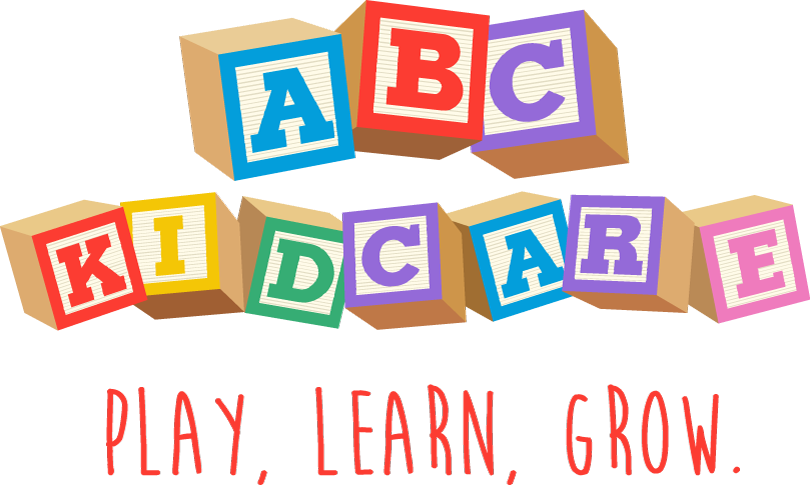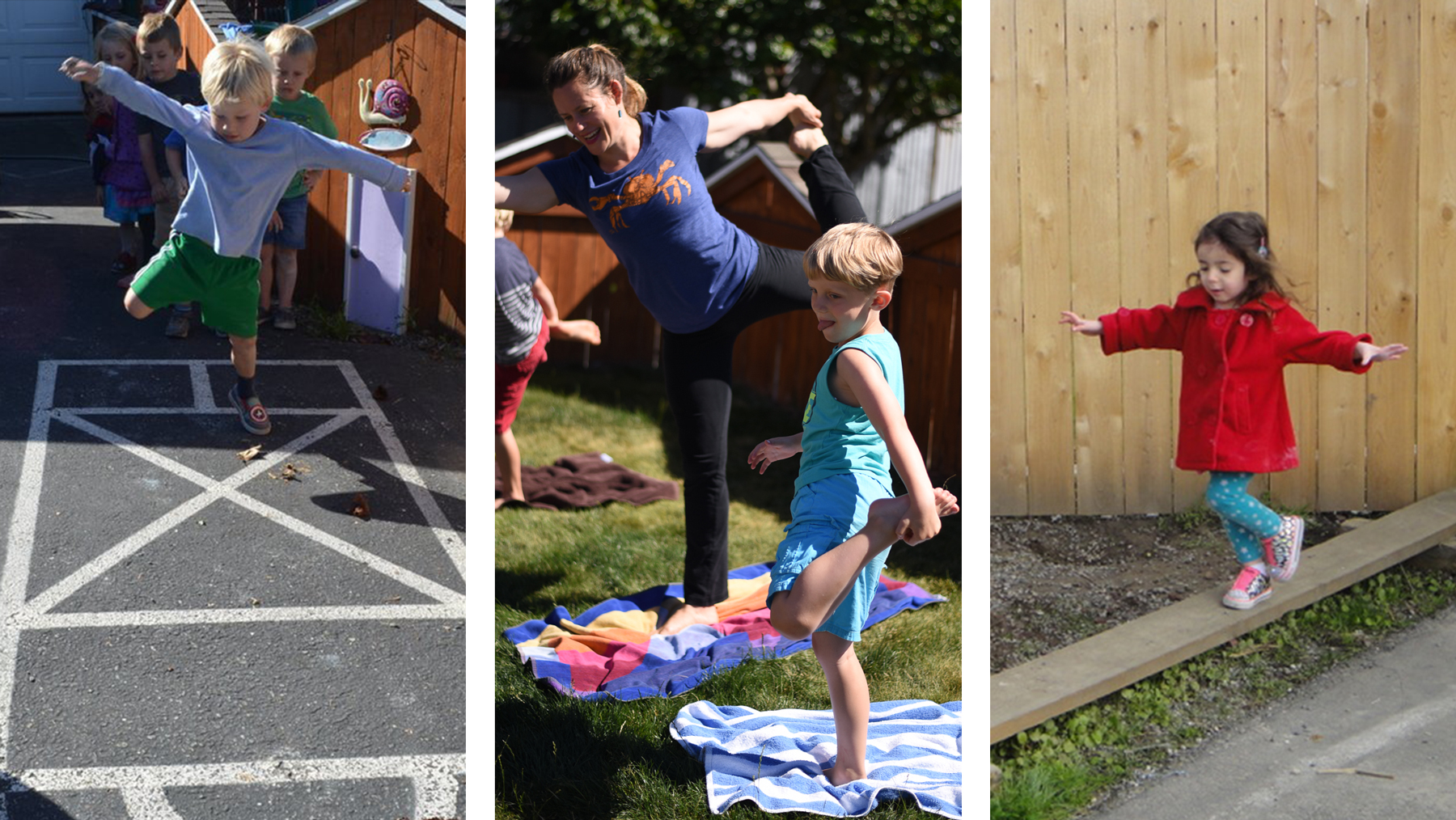Play is one of the main ways in which children learn. It helps to build self-worth by giving a child a sense of his or her own abilities and to feel good about themselves.
Because it’s fun, children often become very absorbed in what they are doing. In turn, this helps them develop the ability to concentrate.
A few examples of this, include:
Sand and water play can be an early introduction to science and maths, eg learning that water is fluid, not solid, and that it can be measured in different sized containers.
Playing with dough, drawing and painting pictures, dressing up, playing with dolls can encourage creativity, imagination, and expression of feelings.
Building blocks can help with recognizing different shapes and sizes, putting things in order, developing problem-solving skills/logic, testing hypothesis, encourage creativity, important concepts and math skills length, measurement, comparison, number, estimation, symmetry, balance.
Playing ball games, dancing, running, climbing all help to develop body movement, strength, flexibility and co-ordination skills.
Games help with turn taking, sharing and mixing with others.
Singing, playing simple music instruments help to develop rhythm, listening and hearing.














